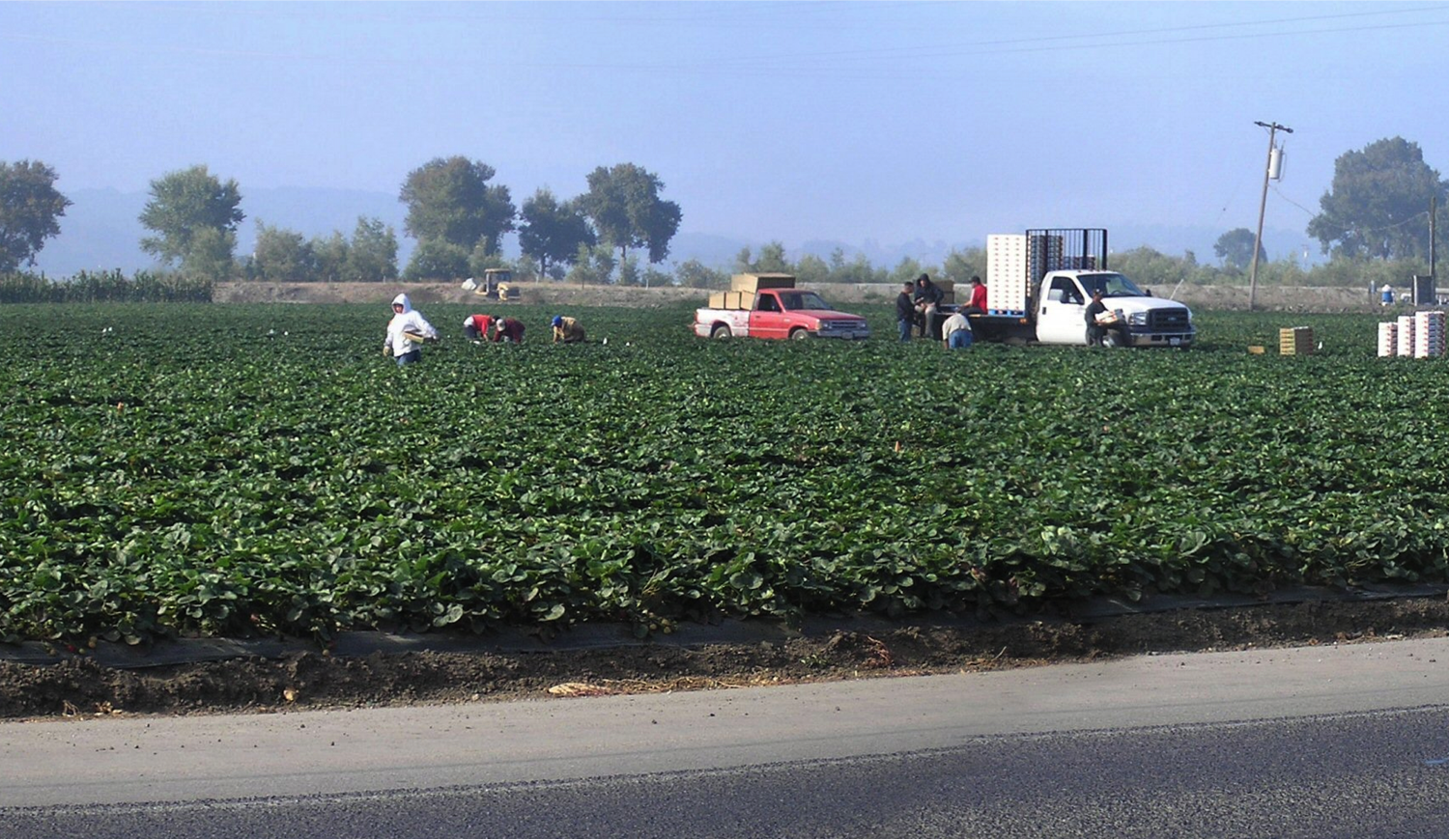By Elizabeth Penney
Agtech has the potential to transform agriculture. In Salinas, California, political leaders and entrepreneurs are hoping it will transform an economy. “We’re creating an eco-system for ag tech development,” says Andy Myrick, economic development director for the City of Salinas, speaking of local initiatives attracting national attention.
Agriculture has long been a dominant player in the Salinas Valley, one of the most productive regions in California, if not the U.S. Dubbed the “salad bowl of the world,” leafy greens, vegetables, berries, grapes and other crops make up a $4.4 billion industry. Fresh Express, Inc., Taylor Farms, and Dole Fresh Vegetables have facilities in the city.
Several factors converged to push agtech to the fore as a development focus. Capital One bought out major employer HSBC and shut it down, putting 900 people out of work. At the same time, Myrick noticed that innovation was “changing the way things are done,” allowing technology to address both the rising global demand for food and higher costs of energy and water. “Agtech is taking off exponentially,” Myrick says. “And we’re only an hour down the road from Silicon Valley.”
Agtech is also a way to create high paying careers, something in short supply in a region dominated by service and laborer jobs. A partnership between Hartnell College and California State University has created an affordable computer science degree program to address the employee side of the equation. According to Myrick, the program is attracting minority and female students. In addition, the city is working to revitalize a downtown in decline. Taylor Farms’ $40 million move to a site there was a vote of confidence.
So was a commitment by Western Growers to launch an agtech support initiative called the Center for Innovation and Technology in the Taylor Farms building. Founded in 1926, Western Growers is an association of growers in California, Arizona, and Colorado. According to Hank Giclas, senior vice president for Western Growers, their members produce over 200 produce items and are responsible for growing 50 to 90% of the country’s supply, depending on the item.
“Technology is a way for us to do more with less,” Giclas says. He also cited the need for sharply higher productivity on the same land. According to the United Nations FAO, the globe needs to produce 70% more food by 2050 over today’s output.
Although larger growers are already innovating, according to Giclas, Western Growers realized that collaboration was better than “siloed innovation.” Salinas, already a center for growers, was chosen as a viable location for the hub. The main project thus far is the Thrive Accelerator, an intensive program for agtech start-ups. In March 2016, the first twelve participants were chosen, with technologies including sensors, data services, genomics, and traceability. Companies don’t have to be local and in fact can participate in virtual mentoring and training. While funding is not guaranteed, participants will have opportunities to pitch to venture funds.
“We are actively seeking out and recruiting firms,” Giclas says. He’s especially interested in big data and mechanization—technologies that will save labor and conserve water.”
A private local firm, AgTech Insight, is on a similar track, seeking to assist promising start-ups through mentoring, connections, and capital. Founded by long-time residents Aaron Magenheim and Jesse Martin, AgTech Insight is putting together a $10 million venture fund as well as an incubator, the AgTech Catalyst.
“Growers are interested in investing in early stage companies,” Magenheim says. “His “boots on the ground” approach to innovation involves growers at every stage since, according to Magenheim, they have the power to, “make or break” a product. To further reduce risk and encourage investment, the consortium will fund a slate of eight to twelve companies.
When asked about Salinas as ag tech hub, Magenheim is encouraged by the interaction he’s seeing between local government, economic development agencies, and other ag tech initiatives. “Collaboration is key,” he says. AgTech Insight has been hosting local meet-ups for a while and other stakeholders are now attending. “Salinas is in the spotlight as the hotbed for making it in agtech,” Magenheim says. “But we do have a way to go as a community.”
Magenheim mentions low office space vacancy rates and lack of commercial real estate infrastructure as factors that could constrain development. He also worries that the city lacks enticements for millennials. “There’s nothing to do here,” the thirty-two year old says. “Unless you like outdoor activities, which I do.” That said, Magenheim asserts, “We’ve come a long way in a year and a half.”

